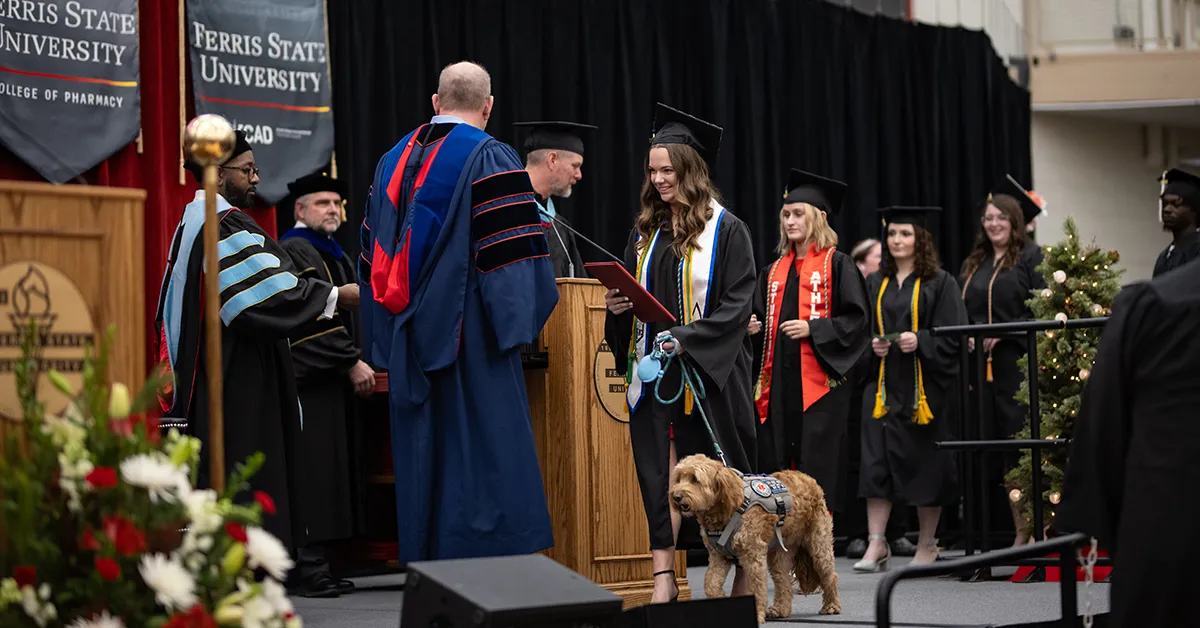Advocates for Service Animal Partners provides this material for informational purposes only. Material contained here is not legal advice. If you need legal advice, please contact an attorney licensed to practice law in your state.
This information concerns the protections afforded to individuals accompanied by service animals under Federal law. Most states have statutes that offer greater protections, including criminal remedies for violations. Please consult your particular state statute for more information about the state laws that may apply in a specific geographic area
The Americans with Disabilities Act (ADA) considers a restaurant, bar, or other establishment serving food or drink a place of public accommodation (42 USC 12181(7)(B)). Though local ordinances, such as those established by local or state health departments may prohibit pets from entering into places that serve food or drink, these rules do not apply to individuals accompanied by service animals. Restaurants, bars, or other such establishments may not require documentation for the service animal (28 CFR Section 36.302(c)(6)) or charge pet deposits or other fees because of the presence of the service animal, but may charge the individual for any damage caused by a service animal if it is their policy to charge other guests for damages they cause (28 CFR Section 36.302(c)(8)). An individual accompanied by a service animal may not be restricted from sitting inside a restaurant or bar and may not be required to sit in a designated area, be segregated from other patrons, be afforded less favorable treatment than other patrons, nor be restricted from any place other guests are generally allowed (28 CFR Section 36.302(c)(7)). The dog must be kept under the handler's direct control and must be kept on a leash or tether, unless doing so would interfere with the tasks or work the animal was trained to perform (28 CFR Section 36.302(c)(4)). Individuals accompanied by service animals may be restricted from areas of food preparation; however, this does not apply to buffet areas nor those circumstances in which food is prepared at the table. An establishment may exclude a service animal if the animal is out of control and the handler does not take effective action to control it or if the animal is not housebroken (28 CFR Section 36. 302(c)(2)). If an establishment properly excludes a service animal, it must allow the individual with a disability the opportunity to obtain goods, services, and accommodations without having the service animal on the premises (28 CFR Section 36.302(c)(3)). Patrons accompanied by service animals are not required to accept any other accommodation, aid, service, opportunity, or benefit which such individual chooses not to accept (42 USC 12201(d)).
Advocates for Service Animal Partners provides this material for informational purposes only. Material contained here is not legal advice. If you need legal advice, please contact an attorney licensed to practice law in your state.
This information concerns the protections afforded to individuals accompanied by service animals under Federal law. Most states have statutes that offer greater protections, including criminal remedies for violations. Please consult your particular state statute for more information about the state laws that may apply in a specific geographic area
The Americans with Disabilities Act (ADA) considers a restaurant, bar, or other establishment serving food or drink a place of public accommodation (42 USC 12181(7)(B)). Though local ordinances, such as those established by local or state health departments may prohibit pets from entering into places that serve food or drink, these rules do not apply to individuals accompanied by service animals. Restaurants, bars, or other such establishments may not require documentation for the service animal (28 CFR Section 36.302(c)(6)) or charge pet deposits or other fees because of the presence of the service animal, but may charge the individual for any damage caused by a service animal if it is their policy to charge other guests for damages they cause (28 CFR Section 36.302(c)(8)). An individual accompanied by a service animal may not be restricted from sitting inside a restaurant or bar and may not be required to sit in a designated area, be segregated from other patrons, be afforded less favorable treatment than other patrons, nor be restricted from any place other guests are generally allowed (28 CFR Section 36.302(c)(7)). The dog must be kept under the handler's direct control and must be kept on a leash or tether, unless doing so would interfere with the tasks or work the animal was trained to perform (28 CFR Section 36.302(c)(4)). Individuals accompanied by service animals may be restricted from areas of food preparation; however, this does not apply to buffet areas nor those circumstances in which food is prepared at the table. An establishment may exclude a service animal if the animal is out of control and the handler does not take effective action to control it or if the animal is not housebroken (28 CFR Section 36. 302(c)(2)). If an establishment properly excludes a service animal, it must allow the individual with a disability the opportunity to obtain goods, services, and accommodations without having the service animal on the premises (28 CFR Section 36.302(c)(3)). Patrons accompanied by service animals are not required to accept any other accommodation, aid, service, opportunity, or benefit which such individual chooses not to accept (42 USC 12201(d)).
Advocates for Service Animal Partners provides this material for informational purposes only. Material contained here is not legal advice. If you need legal advice, please contact an attorney licensed to practice law in your state.









